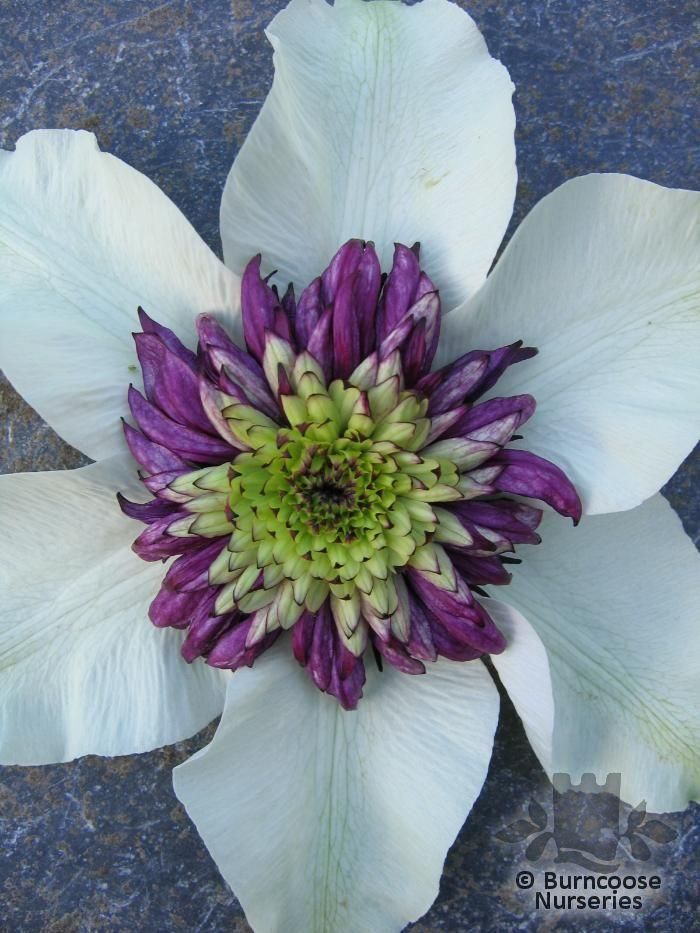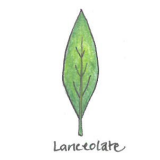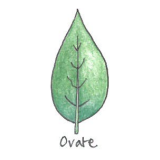Plants by mail order since 1984, over 4100 plants online today
Nursery & Gardens open: Mon - Sat 8:30 - 16:30 & Sun 11:00 - 16:00
Pop up café: open weather dependent
- Shop Now
- Burncoose Specialities
- This Month
- Offers & Promotions
- RHS Chelsea Flower Show 2024
- 40 years at Burncoose
- Engage With Us
- Information, Help & Advice
- About Us & Our Services
- Terms & Conditions
- Log In / Register
CLEMATIS florida 'Bicolor'
Commonly known as Virgin's bower
(Syn. 'Sieboldii') - beautiful form with large white flowers and a conspicuous central boss of violet-purple stamens
Further Reading....
-
DeciduousOr semi-evergreen.
-
 Bicolor
Bicolor -
 PurpleShades of purple/mauve/lilac/violet
PurpleShades of purple/mauve/lilac/violet -
Striped, Veined or Multicoloured
-
 White
White -
 Height2m (6½ft)
Height2m (6½ft) -
 Spread1m (39in)
Spread1m (39in) -
ClimberSome of these climbing plants will need trellis or wire supports if grown on walls or fences. Other grow aerial roots and are self-clingingMid-season flowering species. Produces flowers with 5-6 sepals and a domed boss of violet-purple staminodes
-
 Hardy - average winterHardy through most of the UK apart from inland valleys, at altitude and central/northerly locations. May suffer foliage damage and stem dieback in harsh winters in cold gardens. Plant can withstand temperatures down to -10°C (14°F)
Hardy - average winterHardy through most of the UK apart from inland valleys, at altitude and central/northerly locations. May suffer foliage damage and stem dieback in harsh winters in cold gardens. Plant can withstand temperatures down to -10°C (14°F) -
 Full sunProvide shade for roots and base of plant
Full sunProvide shade for roots and base of plant -
 Partial shade
Partial shade
CLEMATIS florida 'Bicolor'
-
Additional Features
 Good to knowSyn. var. bicolor 'Sieboldii'. Weak-growing variety. Prune out dead and damaged stems in early spring before growth starts. Trim remaining stems to strong buds.
Good to knowSyn. var. bicolor 'Sieboldii'. Weak-growing variety. Prune out dead and damaged stems in early spring before growth starts. Trim remaining stems to strong buds. Pests & Diseasescutworms, aphids on young plants, whiteflies under glass. Clematis wilt.
Pests & Diseasescutworms, aphids on young plants, whiteflies under glass. Clematis wilt. Place of originEastern China, Japan, via Botanical Garden, Ghent where it was introduced by von Siebold in 1829.
Place of originEastern China, Japan, via Botanical Garden, Ghent where it was introduced by von Siebold in 1829. -
Flower ShapeDoubleMulti rows of petals, no stamen showingSaucer-shaped7-10cm (2¾-4in) across
-
HardinessFully hardy
-
Leaf margin
 Entire
Entire(see photos above) -
Leaf shape
 Lanceolate
Lanceolate(see photos above)  Ovate
Ovate(see photos above) -
Seasonal InterestSummer
-
Soil ConditionsFertile well drained soilHumus-rich. Mulch in late winter
-
Toxic - Category C
 Harmful if eatenPets, i.e. cats, dogs, rabbits, rodents, notably rabbits
Harmful if eatenPets, i.e. cats, dogs, rabbits, rodents, notably rabbits Skin irritantPeople
Skin irritantPeople -
WildlifeRabbit Resistant
Jan
Feb
Mar
Apr
May
Jun
Jul
Aug
Sep
Oct
Nov
Dec
Clematis - Growing Guide
- Pruning
- Pruning Group 1 - Flowering mid / late spring
- Pruning Group 2 - Flowering late spring / early summer
- Pruning Group 3 - Flowering late summer / early autumn
- Training Climbers - Video Tip ondemand_video
Planting to avoid allergic reactions and asthma
Useful extras...

Fertilisers & Feeds - Vitax
Q4 Pelleted Fertiliser
A useful fertiliser suitable for use on a wide variety of plants. Q4 provides all the nutrients and trace elements essential for vigorous growth, abundant flowering and ripening of fruit.
3 options from £6.00

Fertilisers & Feeds - Empathy
Rootgrow mycorrhizal fungi
Recommended by the RHS. Contains Rootgrow™ mycorrhizal fungi. Suitable for all trees and shrubs (except rhododendrons, azaleas, heathers, cranberries and blueberries)
3 options from £3.00
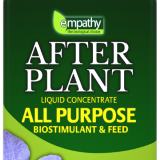
Fertilisers & Feeds - Empathy
All-purpose Seaweed Stimulant
All-purpose organic concentrated seaweed feed that is a ready to use, derived from sustainable harvested kelp, that can be used on all outdoor and indoor plants, except acid loving plants.
Perfect used in conjunction with Rootgrow™.
Only £7.50
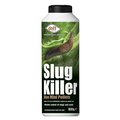
Vermin & Pest Control
Slug Pellets
Slug killer blue mini pellets are easy to use and give effective control of slugs and snails.
Ideal in garden, conservatory or greenhouse.
Only £6.50
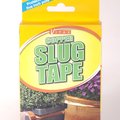
Vermin & Pest Control
Copper Tape
Quick and easy way to repel slugs and snails from your pots with this adhesive copper tape.
Only £7.50
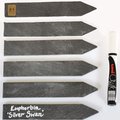
Garden Goodies
Slate Plant Labels
These wonderfully tactile natural slate plant labels are hand made in Cornwall and come with a chalk pen.
Just stick them in your pot or border. Pack of 6.
Only £10.00


